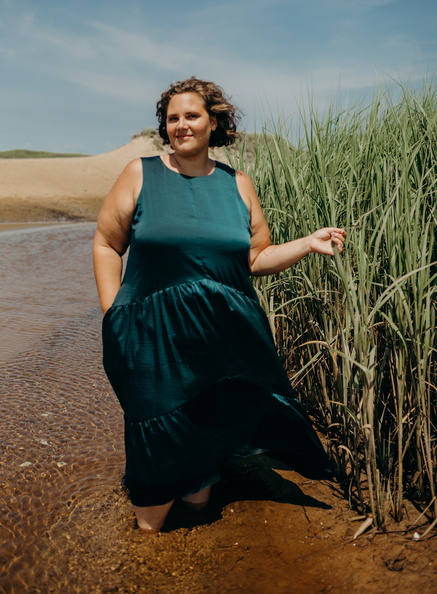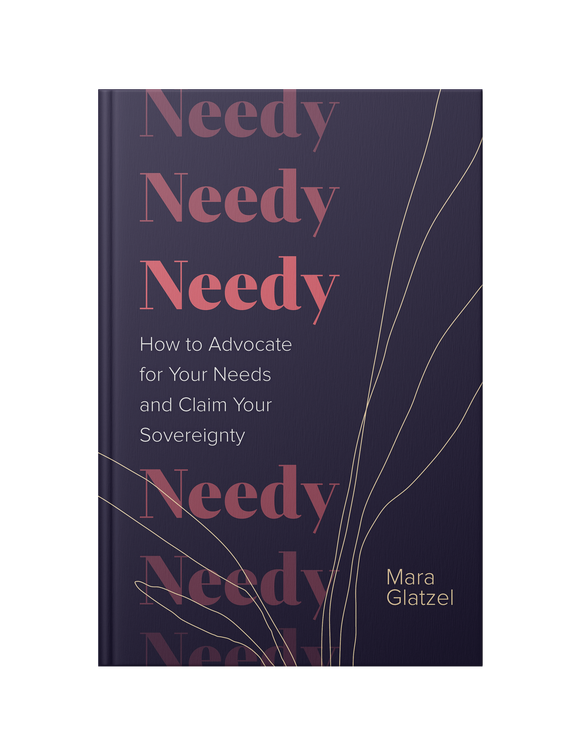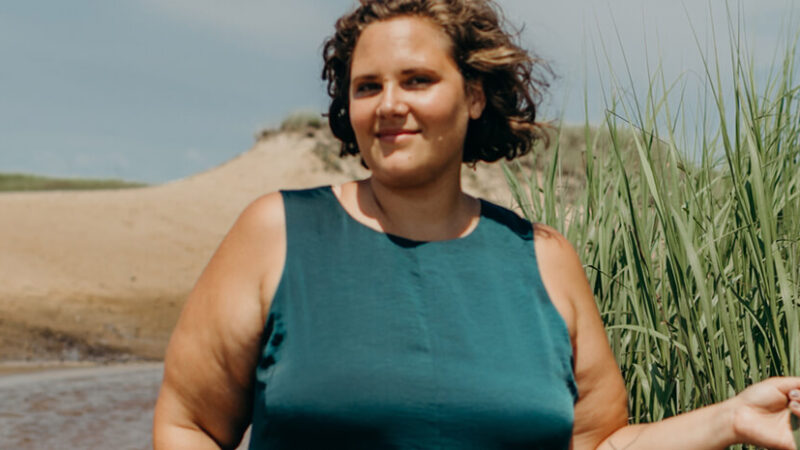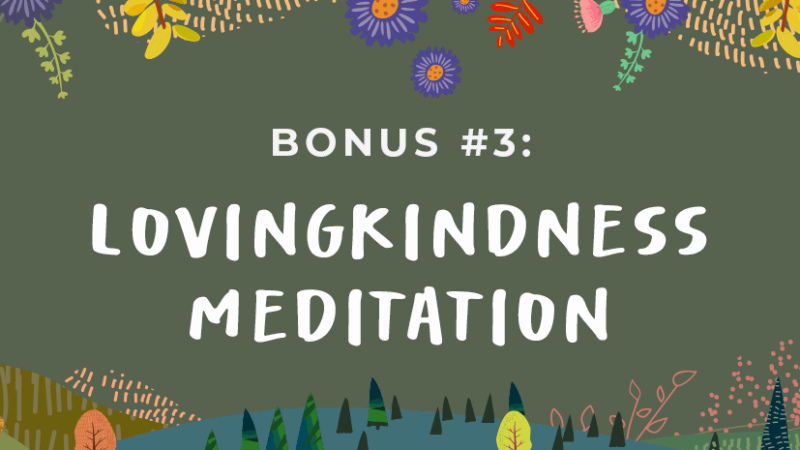What message are you giving to yourself when you wait until you’re in crisis before you begin caring for yourself? I used to be deeply entrenched in this pattern. I’d care for myself just enough so that I could be productive again and then get back to work until my next care emergency. I’d crash from striving and producing without a thought to my needs and then stop just long enough to treat myself just kindly enough to nurse myself back to health so that I could resume my breakneck speed.
Those days were exhilarating because even in my burnout I felt so purposeful, high on how good I was at pushing my needs aside to tackle whatever needed tackling. Exceptionally good in a crisis, I felt born for running myself into the ground and then picking up the pieces just enough to get back to work. Even as this pattern started to break down for me, I could feel my ego attachment to it. I was good at getting things done. I was good at helping others. I was good at putting everyone else’s needs ahead of my own. I was good. I was good. I was good.
The tricky thing about this pattern is that needs will get met one way or another. They don’t just vanish or disappear when you ignore them. They become rowdier and rowdier, nipping at your heels as you try to outrun them. Your body is infinitely wise and makes more noise as your ache for care compounds itself. When you ignore your needs long enough, you will be forced to prioritize yourself by circumstance, illness, or burnout, bringing you abruptly to the crisis point of having to slow down.
But even in the face of that, attending to the need for sustenance can sometimes still feel impossible if you are exhausted from a lifetime of holding it all together. While the need for sustenance might seem to come before rest, [in my book Needy] I ordered these chapters deliberately [“Rest” coming before “Sustenance”] because having the energy to start asking big questions about what you need requires energy too. You’re crumbling beneath the weight of your conditioned expectations for yourself and others, and you judge yourself for not being about to do it all without a thought for the energetic capacity necessary to prioritize joy, pleasure, or satiety.
You might think, Well if it’s right, it should feel good or it should be easy. But tending to your needs can be almost boring, and having the capacity to investigate the larger picture of what you are hungry for requires energy. It requires stamina and self-awareness to develop a healthy relationship with yourself after being in a dysfunctional relationship—one that’s chaotic, intense, familiar, thrilling, and compelling even when you know there is no way it will all work out in the long run. After a dramatic relationship like that, a relationship in which you are respectful of each other, loyal, trustworthy, and committed to each other can feel boring—but that kind of steadfast love heals and rebuilds a steady foundation of trust. The same is true for your relationship with yourself.
Self-love so often isn’t a flash-in-the-pan,
Instagram-worthy, wait-until-the-moment
is-perfect-and-the-stars-align kind of love.
It’s about showing up for yourself each and every day and doing what needs to be done. Maybe that’s resting. Maybe that’s calling your lawyer. Maybe that’s dealing with the window that is leaking and the moldy floorboards. Taking care of yourself is showing up for your relationship with yourself each day, asking what needs to be done and doing that to the best of your abilities.
It can be mundane, but as you begin making these shifts for your own sustenance, you might find yourself softening into a rhythm and routine of caring for yourself this way.
There is a deliciousness in knowing you will be there when you need yourself. There is a sense of safety in the self-trust you build each time you choose not to abandon yourself. This work can be messy but also joyful, silly, sexy, creative, and playful. You might find yourself enjoying the celebration of infusing pleasure and sovereignty where there was none before.
And with time, you might realize that the purpose of your life is not to be good, productive, or approved by others. The purpose of your life is for YOU to live it. For you to take up space in your own thoughts and actions. For you to tend to your needs, devoting yourself to your own wholeness each and every day. For you to contribute to the world in the way that only you can. For you to love and be loved. For you to play. For your utter enjoyment and wholehearted pleasure. The purpose of your life is not to be nice and polite. It is for living—messily, humanly, in whatever way you feel is good and right for you.
Excerpted from Needy: How to Advocate for Your Needs and Claim Your Sovereignty by Mara Glatzel.

















